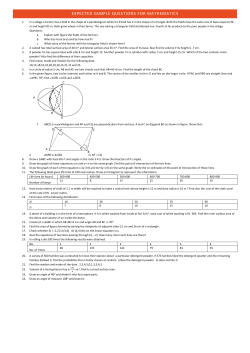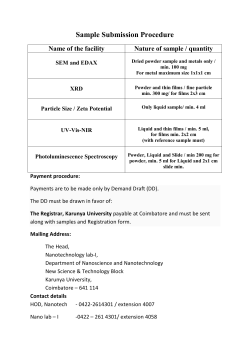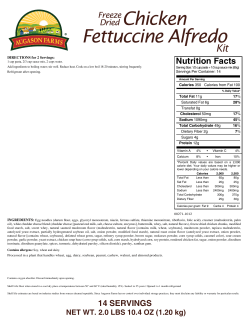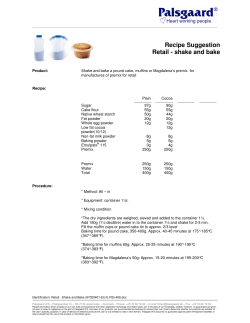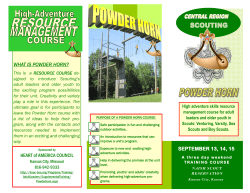
Baby Powder: A Potential Health Hazard FOR MORE INFORMATION
Baby Powder: A Potential Health Hazard By: Chrissy Masero MPH Intern Health and Safety Information for Child Care Providers www.kentuckycchc.org FOR MORE INFORMATION www.nlm.nih.gov/ medlineplus/ency/ article/002719.htm www.babycenter.c om/406_is-it-safeto-use-babypowder-on-mybaby_1519559.bc www.preventcance r.com/consumers/ cosmetics/talc.htm www.aap.org/ advocacy/releases/ feb08studies.htm Pediatricians and the American Academy of Pediatrics are no longer recommending the use of talc-based baby powders because they are dangerous if inhaled. The fine particles compromising the powder can be inhaled into the deepest structures of the lungs which may cause talcum powder poisoning. Talcum powder poisoning may result in twitching, fever, cough, breathing problems, convulsions, collapse and even death. Since the 1980s, records show that several thousand infants have died or become ill after inhalation of baby powder. A news brief appearing in the February 2008 issue of Pediatrics cited another potential hazard associated with baby powder. Baby powder is linked to higher levels phthalates in infants. Phthalates are chemicals that studies suggest may have toxic effects on the developing endocrine and reproductive systems.
© Copyright 2025

